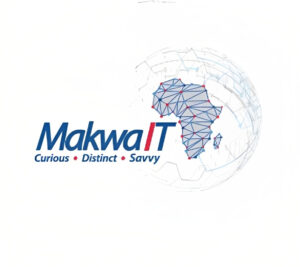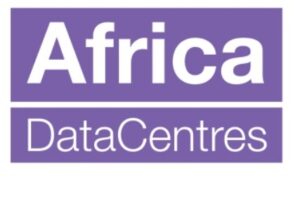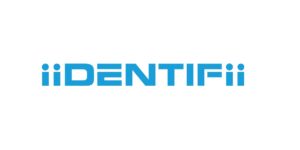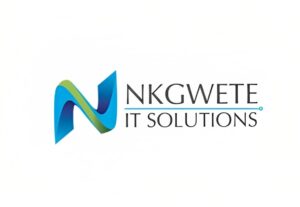iOCO Director Paul Bouchier shares insights on the importance of automation
Perhaps more than ever before, businesses have been forced to rely on technology and automation in a rapidly digitising global marketplace. Thankfully, innovative solutions have kept pace with this rate of transformation, delivering tools that drive insights, growth, and success even in the most turbulent markets. In the finance sector, automation has become a “do or die” essential for the savvy CFO.
Today, businesses must take a hard look at their processes and procedures in order to surpass survival mode and thrive, staying ahead of the competition. As technology advances, organisations employing outdated legacy systems and processes - like manual accounting - are at a real risk of getting left behind. The key to success is transforming financial information into profitable action with the depth to adapt to any market.
It is imperative that businesses streamline and automate financial processes. Legacy and manual processes consume far too much time and place an organisation at high risk for human error. It’s time to make technology a competitive advantage – embracing highly configurable solutions that give the business the flexibility to grow anywhere, with powerful, role-based reporting.
Covid-19 forced many organisations to speed up their digital transformation strategies, as remote work became (and remains) a reality across the globe. This push away from legacy systems gave many business leaders first-hand insight into the immense value of a globally digital market. With this amplified and increasing reliance on technology and tools, it is now more important than ever for finance functions to embrace automation. Business leaders will have access to accurate and reliable financial data for both local and global operations, empowering them to embrace
opportunities and proactively manage risks and challenges.
The answer? Employing technology that offers a standard, internationally understood, financial reporting framework, namely the International Financial Reporting Standards (IFRSs). This gives organisations the support they need to avoid costly mistakes, with unfettered access to reliable financial data, and automated statutory data. With this information at hand, CFOs are better positioned to adhere to complex statutory regulations, without the risk of human error.
Thanks to automated solutions, audits are simplified and optimised, allowing for an in-depth analysis of large data quantities. This business intelligence offers business leaders and decision makers crucial insight into the financial status of the organisation, where possible points for improvement are, how to eliminate weaknesses, and - most importantly - how to ensure that the business is fully compliant with the relevant rules and regulations.
Effective solutions empower organisations to rise above the current circumstances and fully embrace true digital transformation. With this level of automation, businesses can easily and effectively operate on a global scale with secure and dependable financial data.















